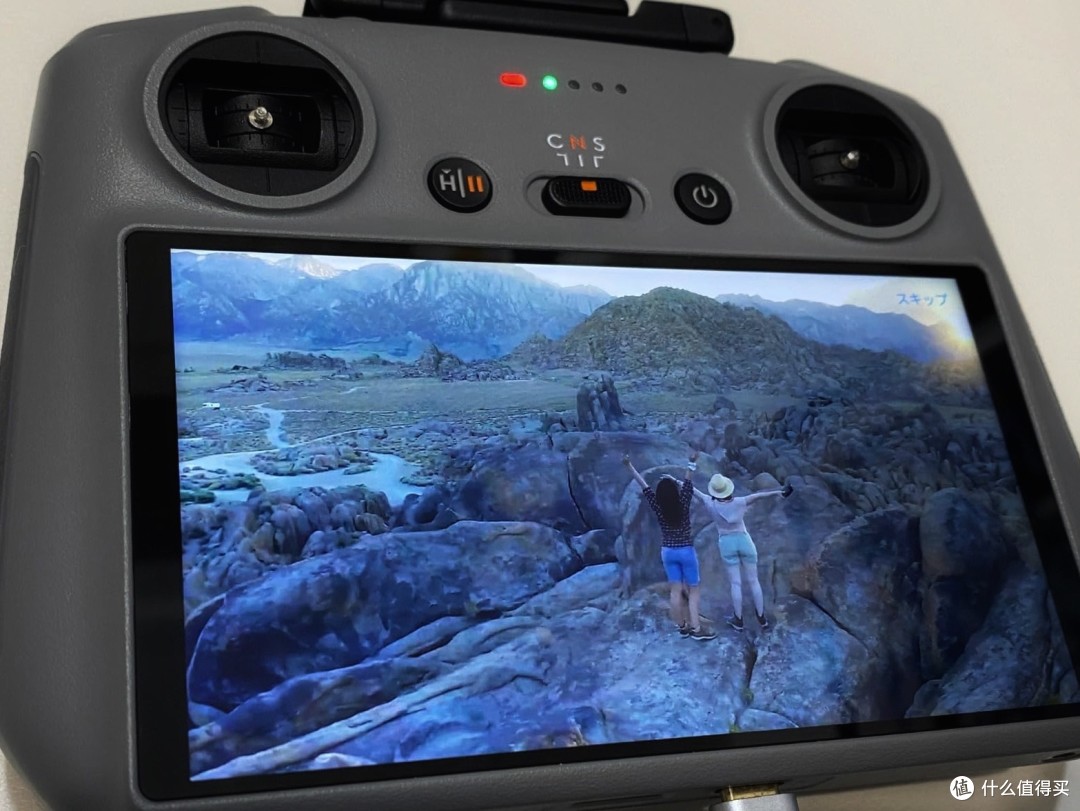In the ever-evolving world of technology, drone companies play a pivotal role in redefining industries ranging from agriculture to cinematography. These companies aren’t just about creating flying gadgets; they’re pioneering innovations that have far-reaching implications. As consumer interest in drones surges, so does the competitive landscape, leading to a myriad of advancements and solutions that cater to both commercial and personal use.
The Pioneers of Drone Innovation
While several companies have sprung up in recent years, a few standout leaders are pushing the boundaries of what’s possible. With technological advancements happening at a rapid pace, these innovators distinguish themselves not only by the quality of their products but also by the unique services and applications they offer. DJI, for example, is renowned for its high-quality camera drones, making it a favorite among filmmakers and hobbyists. Meanwhile, Parrot focuses on compact designs that cater to beginner pilots and enthusiasts.
- AgEagle Aerial Systems: Known for agricultural drones, AgEagle develops comprehensive solutions that enhance crop production through aerial imaging and data analysis.
- Zipline: Revolutionizing medical logistics, Zipline uses drones to deliver critical medical supplies to remote areas, showcasing the potential humanitarian impact of drone technology.
- Wing: Owned by Alphabet, Wing leads in delivery drones, executing efficient, autonomous aerial deliveries that could redefine e-commerce and food delivery services.
With drone companies continuing to expand their service offerings, the implementation of AI and machine learning is becoming more prevalent. These technologies allow drones to autonomously navigate complex environments, recognize objects or obstacles, and analyze data in real-time, which opens up numerous possibilities across different sectors.
The Expanding Application of Drones
Not limited to photography or delivery, drones now provide essential services in disaster management, real estate, and construction. In disaster scenarios, drones offer rapid situational awareness, aiding first responders in planning and executing rescue operations more effectively. In the realm of real estate, aerial shots from drones offer potential buyers a unique perspective, showcasing properties in a way that was previously impossible.
Challenges Facing Drone Companies
Although drone companies are making significant strides, they face several challenges, especially concerning regulatory policies. As drones become more integrated into public airspace, regulations need to evolve to ensure safety and privacy. Additionally, technological challenges such as battery life limitations and GPS reliability remain ongoing hurdles. However, many companies are investing heavily in R&D to overcome these issues, ensuring the continuous growth of the drone industry. Furthermore, as industries adopt drone technology, the demand for skilled drone operators will increase, presenting opportunities for job creation and professional development in this burgeoning field.
Future Perspectives and Opportunities
The potential of drones is immense and still largely untapped. Future advancements could see drones performing tasks previously unimaginable, such as aiding in the development of smart cities integrated with IoT technologies. The possibility of drone swarms working in coordination to perform large-scale tasks offers exciting prospects for industries like agriculture, surveillance, and logistics.
As the industry matures, partnerships between drone manufacturers and companies in various sectors will likely become more prevalent. This collaboration could foster innovation, leading to specialized drones tailored for specific tasks.
FAQs on Drone Companies
What are the main regulations affecting drone companies?
Drone companies must navigate complex airspace regulations that vary by country and region. Permissions and clearances are required to operate drones legally, often involving restrictions on altitude, operating times, and proximity to no-fly zones.
How do drone companies ensure data privacy?
To protect data privacy, drone companies implement robust encryption techniques and adhere to strict data management protocols. They also work closely with regulatory bodies to comply with privacy laws and ensure consumer trust.
implement robust encryption techniques and adhere to strict data management protocols. They also work closely with regulatory bodies to comply with privacy laws and ensure consumer trust.

What is the future of drone deliveries?
While still emerging, drone delivery systems are expected to become more mainstream, offering fast, efficient deliveries with minimal human intervention. Continuous advancements in drone technology, such as improved navigation systems and extended flight ranges, will be critical to realizing this future.
